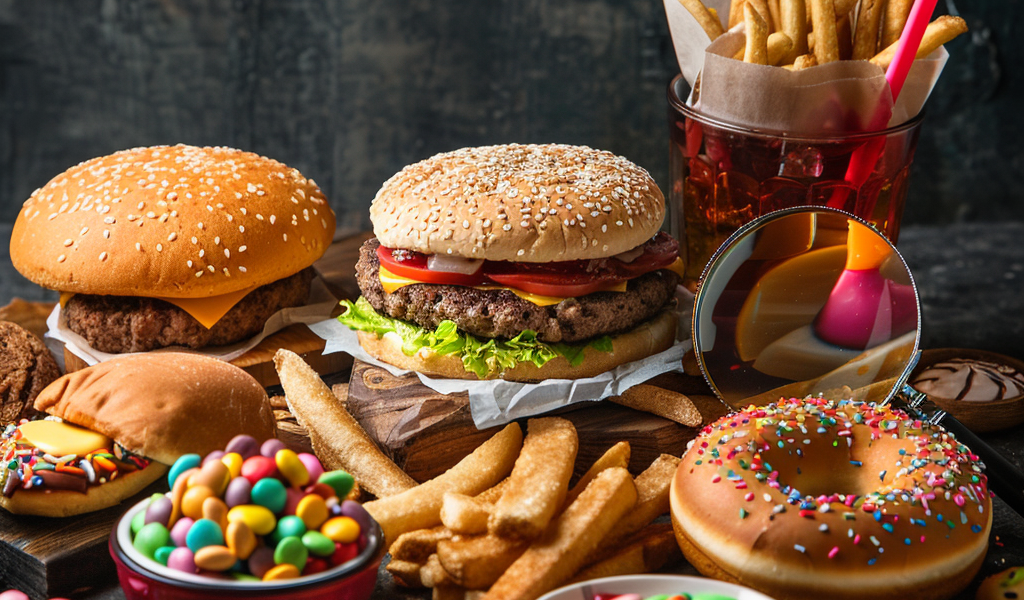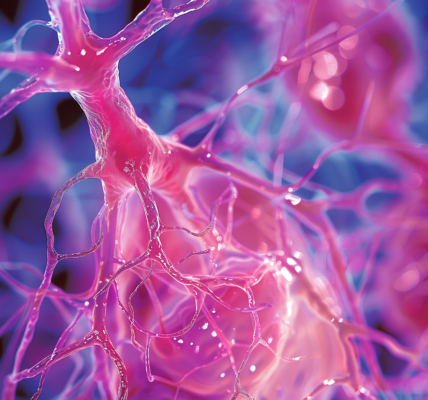Scientists have recently made a concerning discovery linking the consumption of junk food to an increased risk of cancer. A research team based in Singapore found that indulging in high-fat and sugary foods can trigger the production of a compound that temporarily deactivates a gene crucial for tumor suppression.
The groundbreaking study revealed that methylglyoxal, a compound produced in response to high-fat and sugary foods, has the ability to inhibit the cancer-fighting functions of the BRCA2 gene. Dr. Ashok Venkitaraman, the lead researcher at the National University of Singapore’s Centre for Cancer Research, explained that methylglyoxal leads to the degradation of the BRCA2 protein, reducing its levels in cells and compromising its tumor-preventing capabilities.
According to Dr. Venkitaraman, regular consumption of ultra-processed foods rich in fat and sugar can result in increased genetic damage and a heightened risk of cancer development. He emphasized that the inhibitory effect of methylglyoxal on BRCA2 could lead to DNA abnormalities that serve as early indicators of cancer.
The study also highlighted that individuals with diabetes and prediabetes often exhibit elevated levels of methylglyoxal, further underscoring the potential health risks associated with junk food consumption. While the research was conducted on cell cultures rather than human subjects, the team emphasized the need for additional investigations to validate their findings.
The findings of this study were published in the journal Cell, shedding light on the intricate relationship between dietary choices and cancer risk. As further research unfolds, it becomes increasingly evident that the foods we consume play a significant role in shaping our health outcomes and susceptibility to diseases.





